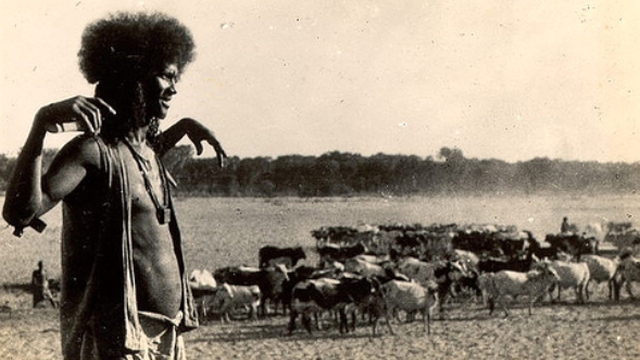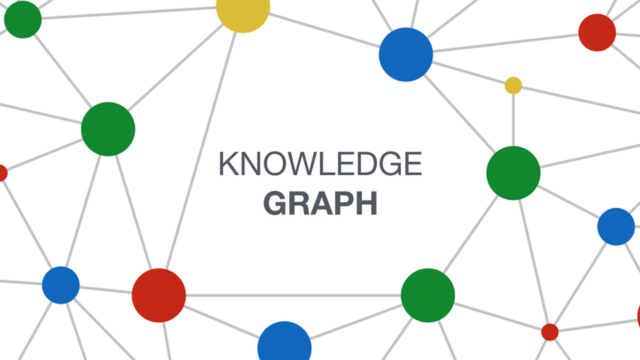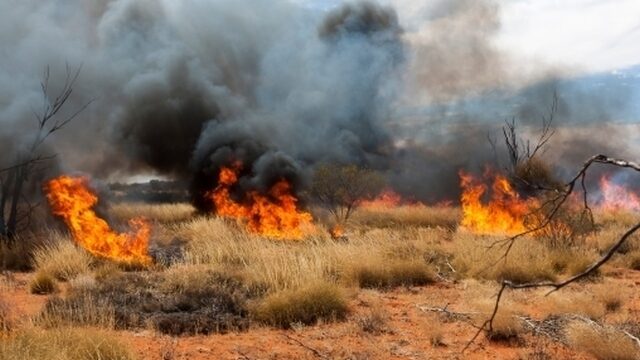
The case for indigenous knowledge systems and knowledge sovereignty (part 3): The ‘indigenous’ versus the ‘scientific’ position
This article is part 3 of a series of articles putting forward the case for indigenous knowledge systems (IKS) and knowledge sovereignty, featuring selected excerpts from the book Knowledge Sovereignty among African Cattle Herders.
In this … [article series], I discuss what indigenous knowledge is in relation to its scientific counterpart, as well as the interplay between these two systems of knowledge over the past several decades. I then explore how this interaction has been playing out in the field of food provision, its impact on national and international food policy, and countermovements that are arising which advance the cause of food self-sufficiency, and food and knowledge sovereignty. I also discuss how and why a hybridisation of indigenous knowledge and scientific knowledge may be the best way forward to secure a population’s food sovereignty, and the effects a loss of knowledge sovereignty can have on a population.
For the purposes of this … [article series], and indeed the rest of the book [Knowledge Sovereignty among African Cattle Herders], knowledge will be divided into two frequently used categories, indigenous or local knowledge and scientific or western knowledge, a categorisation with which I do not necessarily agree. It is important to keep in mind that this is simply a cognitive device I am attempting to employ, but such dichotomy is fraught with problems and researchers should have the courage to glimpse other truths and possible actions based upon those truths.
Our perception of knowledge and reality may be culturally, socially and ecologically determined. From an occidental perspective, people tend to think of knowledge as written, read and experimented or tested, or as something that is absolute and concrete. This type of knowledge seems very tangible in the perception of the beholder; it can be referred to as propositional knowledge. In general, academics and scientists tend to theorise more than practitioners, and while theorising may lead to further investigation and crucial discoveries, it is not a practical use of time for practitioners, and so this is an area where academics could contribute.
Other forms of knowledge may seem to us to be far less absolute, transmitted orally, more contextual and gained through direct experience of complex and holistic reality; these can be called experiential knowledge.
Arguably, both of these forms of knowledge are based on observation, assumption, and interpolation of complex realities. In ‘Realizing Justice in Local Food Systems’, Allen1 explains that all knowledge is situated. It is informed by previous knowledge and experience, and in turn informs subsequent knowledge and experience. It therefore takes on spatial, cultural, and other such socio-historical components. Gender and class can also greatly influence knowledge and its propagation 2 3. So, all these forms of knowledge are actually much more similar than they are different. In a sense, they are all local; they all derive from a particular time, culture, way of thinking and belief structure
Next part (part 4): Advancing the cause of knowledge sovereignty.
Article source: Knowledge Sovereignty among African Cattle Herders is licensed under CC BY 4.0.
Header image source: Tigre man from Barka Valley is in the Public Domain. The Beni-Amer people probably emerged in the fourteenth century AD from the intermixing of the Beja and the Tigre.
See also: Cultural awareness in KM.
References:
- Allen, P. (2010). ‘Realizing Justice in Local Food Systems.’ Cambridge Journal of Regions, Economy and Society 3(2): 295–308 ↩
- Banks, J.A. (2009). ‘Knowledge Construction and the Education of Citizens in Diverse Societies.’ Paper presented at Interkulturell Pedagogik conference, 23 September, Gothenburg. ↩
- Feldman, S. & Welsh, R. (1995). ‘Feminist Knowledge Claims, Local Knowledge, and Gender Divisions of Agricultural Labor: Constructing a Successor Science.’ Rural Sociology 60(1): 23–43. ↩





